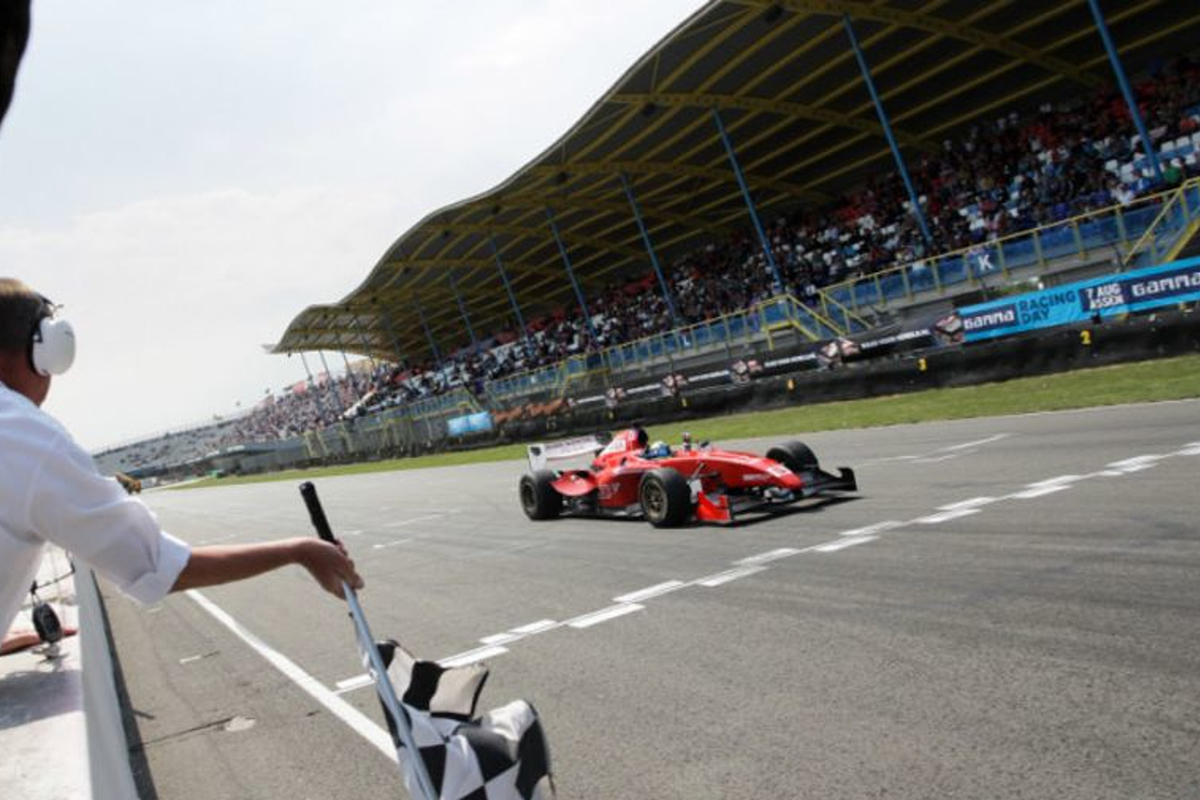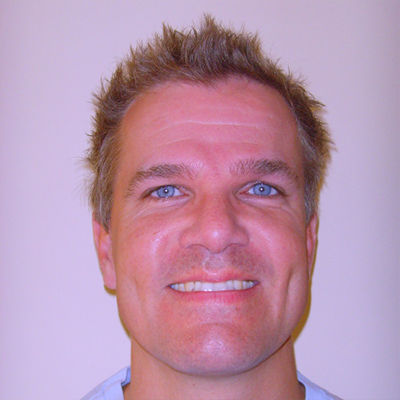Like all sports, Formula 1 is facing an uncertain future this season as the coronavirus pandemic takes a firm grip around the world.
Following the postponement of the Azerbaijan Grand Prix on Monday, the first eight races have fallen by the wayside, with the next event now scheduled to be the Canadian GP on June 12-14.
Formula One Group CEO Chase Carey has said his organisation "fully expect the season to start at some point this summer, with a revised calendar of between 15-18 races".
Despite that, with the current calendar as it stands in disarray, here GPFans tries to answer some of the burning questions being raised by the ongoing crisis.
When can we reasonably expect Formula 1 to be up and running again?
It is understandable for Carey to try and be optimistic, but most likely we are looking beyond what would have been the August break. Potentially, we may not even see any racing this year.
Just three weeks ago, the vast majority of the F1 paddock was already in Melbourne gearing up for the season-opening Australian Grand Prix. Twenty-one days later, and eight races have either been cancelled or postponed, with more expected to follow over the coming weeks, such has been the speed of the infection.
Whilst every effort is being undertaken by governments around the world to control the spread of the coronavirus, it is clear that for the majority of the countries - in particular across Europe where nine of the 10 teams are based - it has yet to reach its peak.
PM Boris Johnson optimistically said last week that he hoped Britain would "turn the tide" of the disease in 12 weeks. That takes us up to mid-June, but that would not signal the return to normal everyday life.
If Johnson's words have any merit, from that point, it would be a slow ramping up towards what we were once accustomed to.
Of course, given F1's global nature, the re-opening of borders and air travel is likely to be low on the list of priorities as any country will want to ensure its own measures have worked before again welcoming overseas visitors.
Why did the sport not continue behind closed doors?
It simply couldn't. The risks were too obvious.
There was talk for a short while in Melbourne of potentially holding that race behind closed doors, but even given the numbers of personnel and media in the paddock, plus the numerous support staff that would have been required in and around Albert Park, to continue for another three days would have been folly, putting people in danger.
The sport was fortunate that only one team member - that from McLaren - was tested positive. There could easily have been a spread within the paddock such is the highly contagious nature of the disease.
Football, and other sports, tried to adopt such a policy early on but recognised it was one that would not work.
As we have very quickly seen, anyway, restrictions were put in place on those travelling out of Italy, where Covid-19 has been most virulent. Now, borders virtually everywhere have been locked down.
What is happening in the meantime?
Since the Australian GP was cancelled, there has at least been a very rapid reaction, with seven other races in just over two weeks called off.
Monaco has cancelled its event as it failed to identify an opening in the calendar this year that could instead have resulted in a postponement.
As it stands, six other races have been postponed - Bahrain, Vietnam, China, the Netherlands, Spain and Azerbaijan - all hoping for a slot later in the year should racing eventually resume.
The focus has now shifted to the next race dates, in particular, Canada and France in June. Canada, though, is now in serious doubt after a decision was taken to withdraw its athletes from the Tokyo Olympics, with the event commencing in late July coming under increasing pressure to postpone.
If Canada is unwilling to let its citizens out, it is highly unlikely to let people in from countries where the infection is currently high, such as Italy, and from those where it is rising, such as France and the UK.
With France in a state of emergency lockdown, it is hard to see it emerging from such a state any time soon, and it would not be a surprise if it, too, was called off before long.
Behind the scenes, the Formula One Group, led by Chase Carey, is conducting numerous meetings with other race promoters to discuss their prospects. The season is appreciably in a state of flux.
The problem is, as we have discovered, the situation is so fluid that no-one at this stage can reasonably determine an outcome.
If there is a season, how will it be completed?
Under FIA regulations, there have to be eight grands prix for it to be determined as a world championship, so if we at least see racing from September, the likelihood is we will have champions this year.
If races continue to be postponed or cancelled, the F1 Group must then make a call as to which races can be slotted into what will be a very condensed calendar.
At this stage, there are talks of stretching the campaign into early 2021, with that season then facing a delay to its start.
Remember, it was announced last week the highly revised 2021 regulations were being put on hold until 2022, with a freeze on the current rules - in particular, regarding the chassis - carrying over into next year.
Under that scenario, there would be no requirement to have testing next year, so this season could finish in late January/early February, with the start to the 2021 campaign being made in April, for example.
Related































 Gulf Air Grand Prix of Bahrain 2024
Gulf Air Grand Prix of Bahrain 2024  Saudi Arabian Grand Prix 2024
Saudi Arabian Grand Prix 2024  Grand Prix of Australia 2024
Grand Prix of Australia 2024  Grand Prix of Japan 2024
Grand Prix of Japan 2024  Grand Prix of China 2024
Grand Prix of China 2024  Gran Premio dell'Emilia Romagna 2024
Gran Premio dell'Emilia Romagna 2024  Grand Prix of Monaco 2024
Grand Prix of Monaco 2024  Grand Prix du Canada 2024
Grand Prix du Canada 2024  Gran Premio de España 2024
Gran Premio de España 2024  Grand Prix of Austria 2024
Grand Prix of Austria 2024  Grand Prix of Hungary 2024
Grand Prix of Hungary 2024  Grand Prix of Belgium 2024
Grand Prix of Belgium 2024  Grand Prix of Azerbaijan 2024
Grand Prix of Azerbaijan 2024  Grand Prix of Singapore 2024
Grand Prix of Singapore 2024  Gran Premio de la Ciudad de Mexico 2024
Gran Premio de la Ciudad de Mexico 2024  Grande Prêmio de São Paulo 2024
Grande Prêmio de São Paulo 2024  Qatar Grand Prix 2024
Qatar Grand Prix 2024  Grand Prix of Abu Dhabi 2024
Grand Prix of Abu Dhabi 2024 